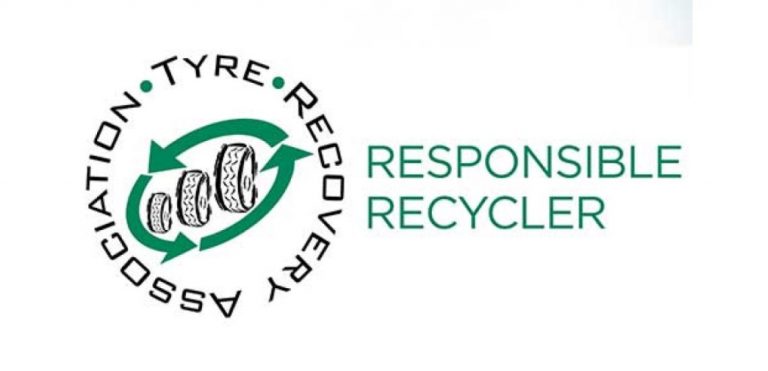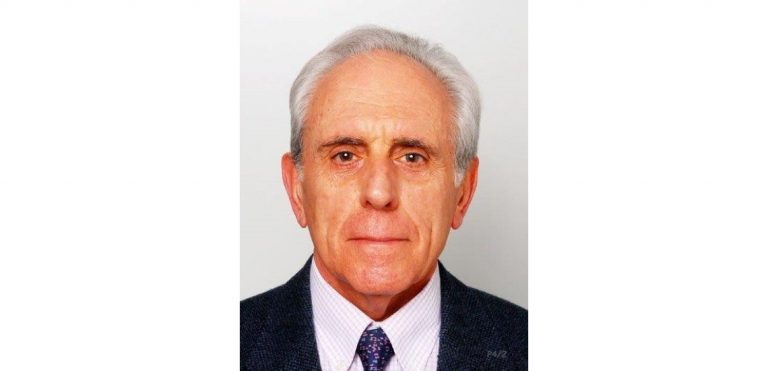Vista International Technologies Inc., a Dallas – Ft. Worth corporation is the only licensed operator treating tyres in the Dallas Ft. Worth metropolitan area. This profitable operation has given Vista International Technologies the opportunity to expand, specifically through its TDF operations. The company’s SEC returns show that in the last quarter it has shown all its operations to be cash flow positive, putting it in a strong position to develop new technologies.
Big Change for Vista
Vista may have a significant presence in the tyre processing business, but its true potential lies in commercialising the latest generation of its Thermal Gasifier™ technology. With the ability to accept nearly any solid carbon-based input, the three-stage gasification technology efficiently converts municipal waste into thermal energy, steam, and/or electricity. The technology passes the most stringent EPA emissions regulations and produces an ash byproduct that has multiple commercial uses. Put more simply, the Thermal Gasifier can effectively and efficiently produce clean “green” energy while reducing the amount of waste sent to landfills by up to 90 p[er cent.
Prior to 2000, the company sold approximately 15 first-generation Thermal Gasifiers around the world. Three second-generation products were sold in Ireland and Italy in 2002 and 2004, respectively. And now, management is building its first third-generation unit that will be used in a pilot Waste To Energy (WTE) project in the U.S. This new generation of units has significant advantages over the earlier models with regard to operating efficiency and stack emissions.





















